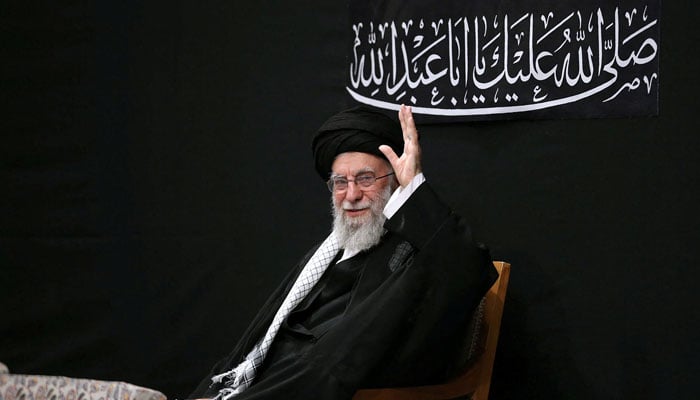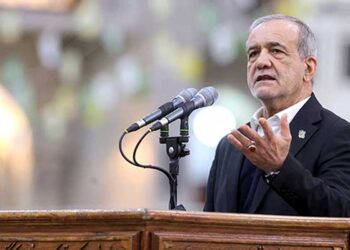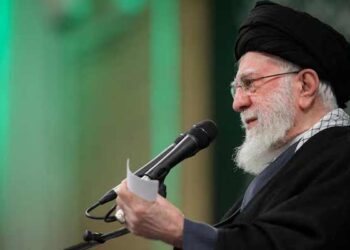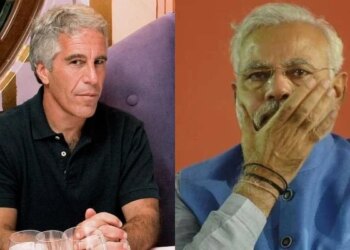Select Language:
- Khamenei praises Iran’s preparedness to confront the U.S. and Israel.
- Encourages diplomats to follow unspecified “guidelines.”
- “Iran targeted a crucial U.S. regional base.”
Supreme Leader Ayatollah Ali Khamenei stated on Wednesday that Iran is fully prepared to counter any fresh military aggression, asserting that the nation is capable of inflicting a stronger retaliation than it did during the recent 12-day conflict with Israel.
“It is commendable that our nation stands ready to confront the might of the United States and its ally, the Zionist regime [Israel],” Khamenei said during a broadcast on state television.
Last month, the U.S. and Israel carried out strikes against Iran’s nuclear facilities, claiming it was part of a program aimed at developing nuclear weapons. However, Tehran insists its nuclear program is strictly for civilian applications.
Khamenei remarked, “The location targeted by Iran was an extremely significant American base in the region,” referring to an Iranian missile strike on the Al Udeid base in Qatar. He added, “An even greater impact could be delivered against the U.S. and its allies.”
Amid increasing pressure, Iran is expected to resume nuclear negotiations with the U.S., as Washington and three major European nations have set a deadline for the end of August to finalize a deal.
Should negotiations stall, France’s foreign minister indicated that international sanctions could be reinstated via the United Nations snapback mechanism.
“In both diplomacy and military engagements, we enter with strength, not weakness,” Khamenei emphasized.
He instructed diplomats to adhere to certain “guidelines” and to continue their efforts vigorously without going into specifics.
Iran’s legislature released a statement on Wednesday asserting that the country should refrain from resuming nuclear talks with the U.S. until all prior conditions are met.
“When the U.S. uses negotiations as a tactic to mislead Iran and mask a sudden military action by the Zionist regime [Israel], then discussions cannot proceed as usual. Preconditions must be established, and no new talks will occur until these are fulfilled,” the statement read.
Though the specifics of these preconditions were not outlined, Iran’s Foreign Minister Abbas Araqchi had previously indicated the need for assurances against further attacks on Tehran.
Prior to the 12-day conflict, Tehran and Washington had engaged in five rounds of indirect negotiations facilitated by Oman, but talks stalled over U.S. demands for Iran to cease its domestic uranium enrichment activities.
Last week, Araqchi reaffirmed Tehran’s stance, stating that Iran would not consent to any nuclear agreement that restricts its ability to enrich uranium and would not entertain discussions on non-nuclear matters such as its ballistic missile program.






